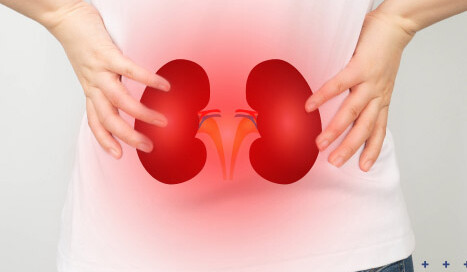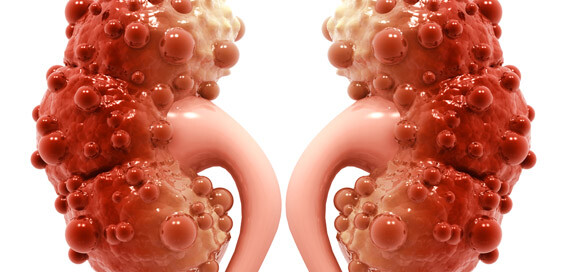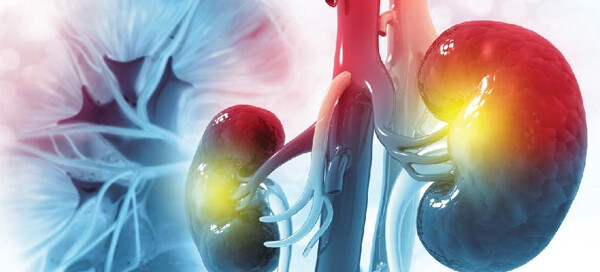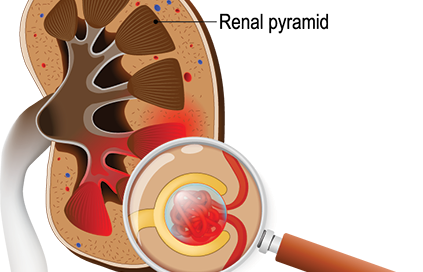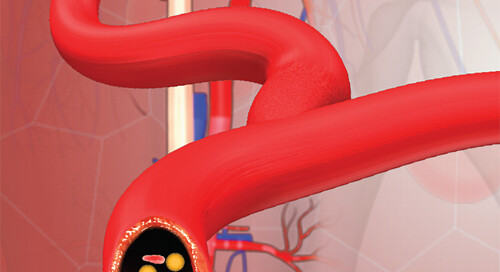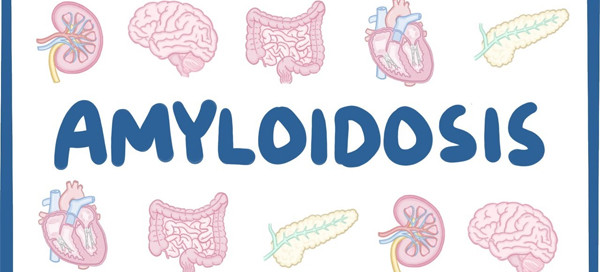Counseling Patients with CKD about Dialysis
Talking to patients and families regarding initiation of dialysis can be complex. Typically shared decision making is recommended. This involves more than simply asking if the patient “wants” dialysis. There are two settings where this counseling is necessary. Each has different questions and concerns. The first is a patient with chronic kidney disease


